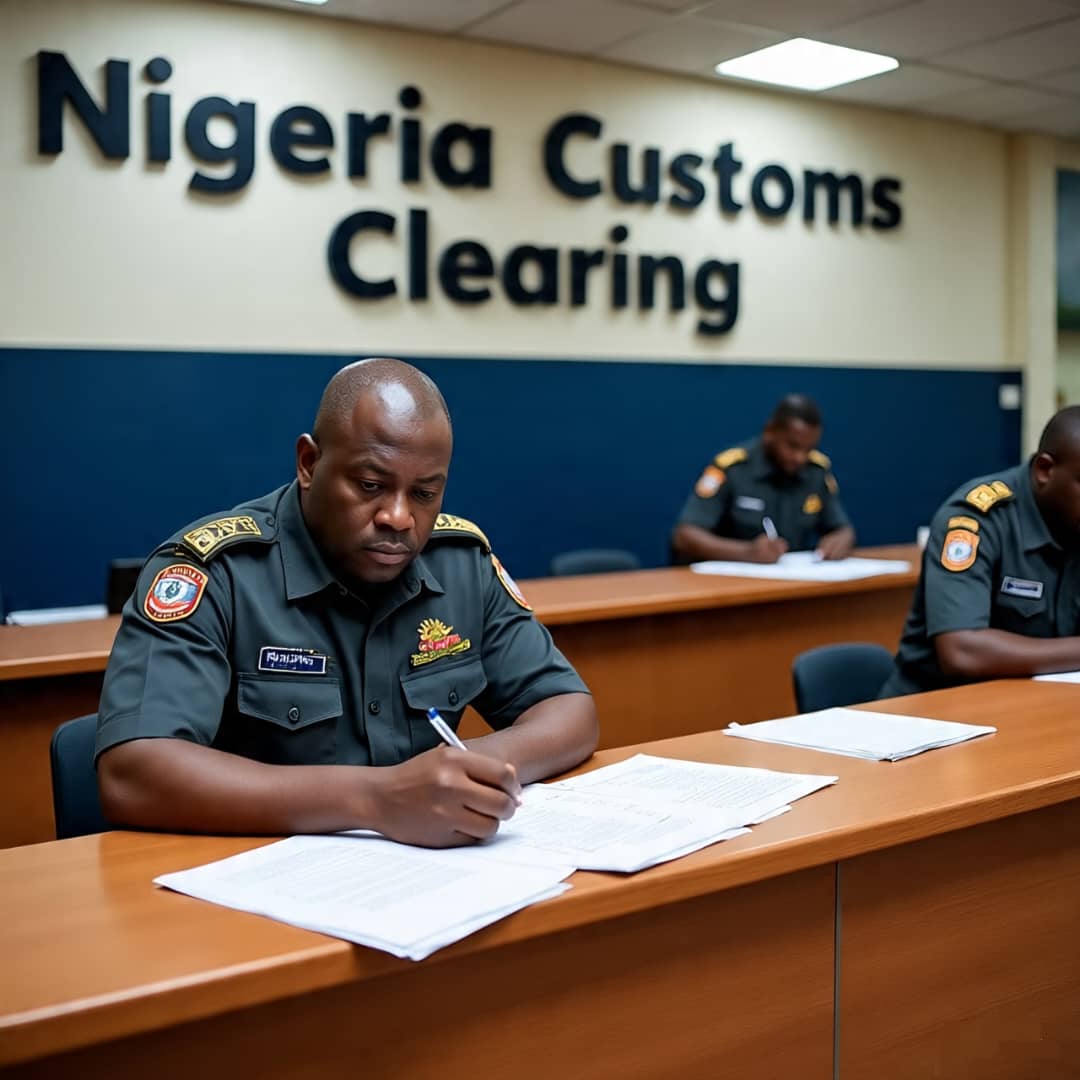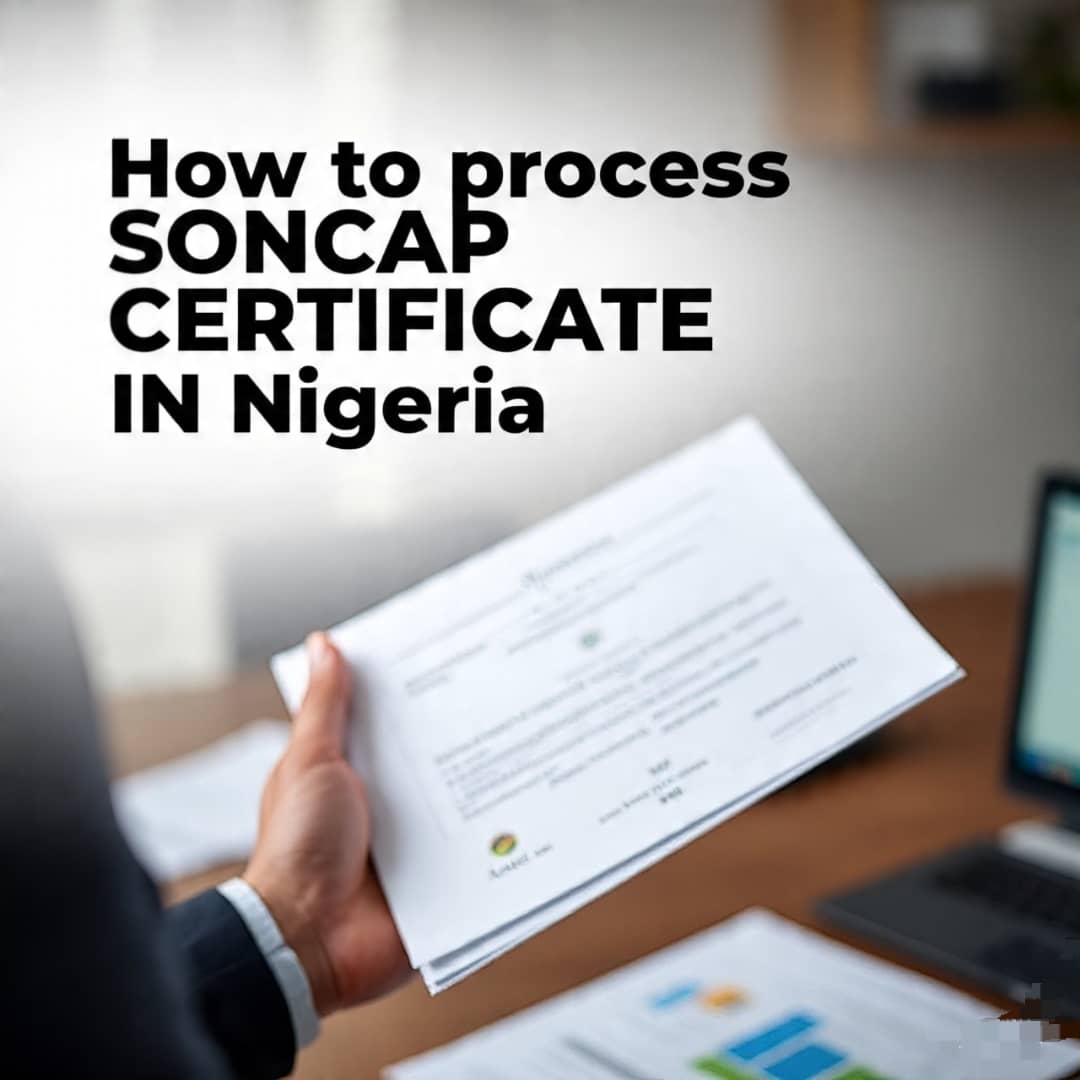
- 18, Sep 2025
- 267 Views
- 0 Comments
- Customs Clearing Nigera
THE NIGERIA CUSTOMS CLEARING; ALL YOU NEED TO KNOW
Nigeria's cargo customs clearing process is a critical aspect of the country's international trade, facilitating the import and export of goods while ensuring compliance with regulations and revenue collection.
Introduction to Nigeria's Customs Clearance
The Nigeria Customs Service (NCS) plays a pivotal role in managing customs operations, focusing on trade facilitation, revenue collection, and enforcement of regulations. With ports like Apapa in Lagos being key hubs for cargo handling, understanding the customs clearance process is essential for importers, exporters, and logistics operators.
Key Documents Required for Customs Clearance
1. Form M: Mandatory for imports, processed through an authorized dealer bank.
2. Proforma Invoice: Details goods' price, quantity, and specifications.
3. Commercial Invoice: Confirms final value and goods details.
4. Bill of Lading/Air Waybill: Receipt for shipment and contract of carriage evidence.
5. Combined Certificate of Value and Origin (CCVO): Verifies goods' value and origin.
6. Regulatory Certificates: Permits from agencies like NAFDAC (food and drugs) or SON (for SONCAP compliance).
7. Insurance Certificate: Proof of insurance coverage.
Step-by-Step Customs Clearance Process
1. Pre-Arrival Documentation: Prepare necessary documents before cargo arrival.
2. Import Declaration: Submit Single Goods Declaration (SGD) via Direct Trade Input (DTI).
3. Assessment and Duty Payment: Customs assesses duties; payment is made at a designated bank.
4. Customs Examination and Release: Documents are verified; physical inspection may occur.
5. Release: Goods are released after compliance and payment.
Recent Developments in Customs Clearance
The NCS has introduced significant reforms aimed at enhancing efficiency and transparency:
- Automated Overtime Cargo Clearance: Launched to decongest ports and boost transparency, streamlining clearance processes and reducing human interaction.
- Specialized Desks: Created for priority cargoes like government projects, healthcare, and education imports to expedite clearance.
- Digitalization Efforts: Automation aims to minimize corruption risks, improve data integrity, and facilitate trade.
Benefits of Automation
- Simplified Clearance: Transparent and electronic processes.
- Reduced Congestion: Efficient management of terminal space.
- Enhanced Transparency: Electronic records reduce corruption risks.
- Faster Clearance: Critical for government and essential imports.
Role of Clearing Agents
- Professional Assistance: Licensed clearing agents like Ocean Speed Company Ltd simplify complex processes.
- Compliance: Ensure adherence to customs regulations.
- Documentation: Handle necessary paperwork and DTI submissions.
Airport Customs Clearance (Lagos Airport)
- Process: Involves manifest transmission, document collection, SGD capture via DTI, and assessment.
- Key Players: NAHCO and SAHCOL handle cargo handling at Lagos Airport.
- Documents: Airway bill, PAAR (for certain shipments), power of attorney are crucial.
- Fees: Ground operators, cargo airlines, and FAAN levies apply.
Challenges and Considerations
- Compliance: Strict adherence to regulations avoids penalties.
- Documentation Accuracy: Errors cause delays.
- Regulatory Agencies: NAFDAC, SONCAP compliance is mandatory for certain goods.
- Abandoned Cargo: Automation aims to address port congestion issues.
Importance of Customs Clearance Efficiency
- Trade Facilitation: Smooth processes support Nigeria's economic growth.
- Revenue Collection: Duties and taxes contribute to government revenue.
- Logistics Sector: Efficient clearance boosts Nigeria's attractiveness for trade.
Stakeholder Perspectives
- NCS: Focuses on trade facilitation, not just revenue.
- ANLCA: Supports automation for congestion alleviation.
- Importers/Exporters: Seek efficient, transparent processes.
Conclusion
Nigeria's customs clearance process, undergoing modernization and automation, aims to balance regulatory compliance with trade facilitation. Understanding requirements and leveraging professional clearing agents can help navigate complexities, supporting smoother international trade operations in Nigeria. Contact Ocean Speed Company Ltd for a smooth and reliable customs clearing needs.
Recent Posts
Tags
Our Address
- 31A Commercial Road, Apapa, Lagos, Nigeria.
- A188, Guotai Commercial City, No. 2 Zoumagang Road,
Sanyuanli Street, Baiyun District, Guangzhou, China.
(地址:广州市白云区三元里街走马岗路2号国太商贸城A188档。) - Call : +234 90 1089 2321
WhatsApp : +2348035988240 - Email : info@oceanspeedcompany.ng
Web : www.oceanspeedcompany.ng - Mon - Sat: 8AM - 7PM




